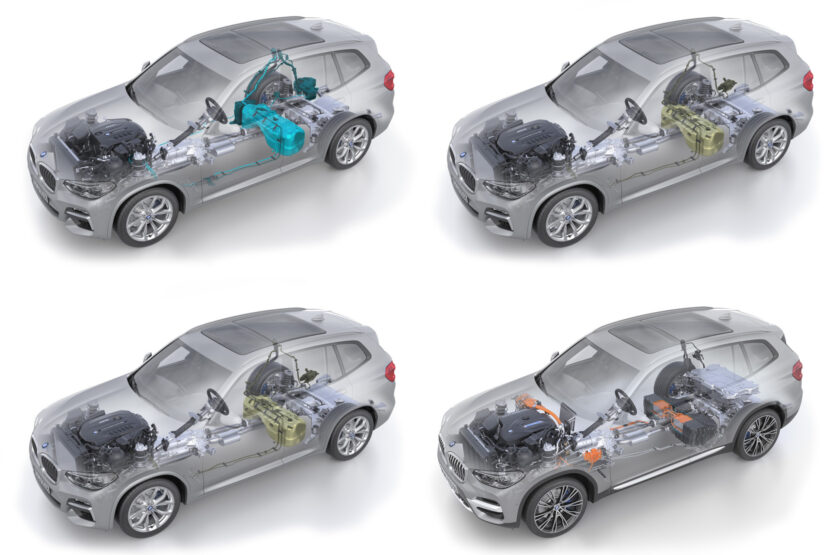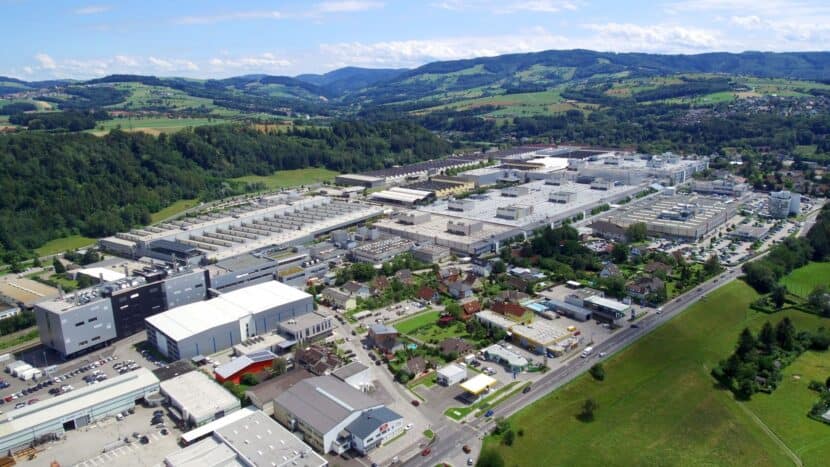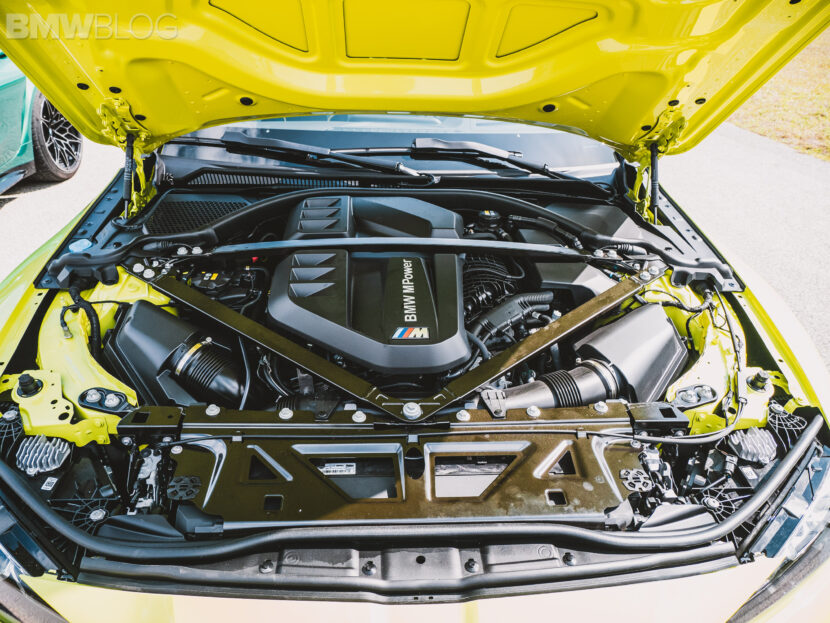In an industry sprinting toward electrified vehicles, BMW is taking a cautious approach. While rivals scramble to reshape their entire product lineups to balance out EVs and ICE models, BMW is doubling down on their Power of Choice strategy by continuing to invest in internal combustion engines, alongside electrified and hydrogen-powered vehicles. The message is clear, and it comes straight from the top: “The combustion engine is our foundation,” said Klaus von Moltke, Head of Global Powertrain Production and Plant Manager at BMW’s Steyr engine plant, in a recent interview with Automobilwoche.
Far from a nostalgic soundbite, von Moltke’s statement reinforces the automaker’s distinctive strategy—one that treats the shift to electrification as a transition, not as an end game. BMW’s engineering backbone was built on combustion technology, and it plans to keep that legacy alive even as its Neue Klasse EVs usher in a new era.
Gas and Diesel Still in the Picture
While some competitors have backpedaled from early EV-only ambitions, BMW has consistently refused to set a firm expiration date for its gasoline and diesel engines. That restraint, according to von Moltke, is rooted in realism: “The combustion engine finances our future business,” he said, citing ongoing global demand and the revenue it generates to fund new technologies.
Diesel, in particular, remains part of the plan—but in a cleaner, more sustainable form. BMW is actively testing HVO100, a renewable fuel made from hydrotreated vegetable oil that contains no fossil diesel. Capable of reducing CO₂ emissions by up to 90%, HVO100 also improves cold start performance. Some new BMW diesel vehicles are already delivered to dealers pre-filled with the fuel, though broader availability remains limited outside factory settings.
Steyr Plant’s Dual Role: Legacy and Future
Steyr, Austria—home to BMW’s largest engine plant—is the epicenter of this two-pronged approach. In 2024, the plant produced approximately 1.2 million combustion engines. Now, it’s ramping up to build 600,000 electric drive units annually as part of the Neue Klasse rollout, starting with the next-generation BMW iX3 later this year.
But this transition didn’t come without anxiety. Von Moltke recalled significant unease before BMW’s 2022 decision to designate Steyr as a global hub for electric powertrains: “There was definitely great unrest… We were highly dependent on the combustion engine, and the big question was whether and how things would continue.” That question has now been answered. He describes the mood today as “significantly more relaxed,” with the plant’s dual mandate providing job security through at least 2030.
BMW’s Secret Weapon: Flexibility


What sets BMW apart, von Moltke argues, is its technology-agnostic mindset. “It is indeed one of our strengths to be broadly and flexibly positioned at one location,” he said. Employees are trained to work on both ICE and EV components, and production lines are engineered to handle both. This adaptability allows BMW to respond nimbly to shifting market demand without overcommitting to one technology at the expense of another.
BMW’s flexible philosophy extends to its leadership too. When asked whether he expects the European Union to enforce its proposed 2035 ban on new combustion engine vehicles, von Moltke didn’t mince words: “It’s not our job to make such assumptions; that’s pointless. Our job is to consider all possible scenarios, prepare for each one, and ensure our delivery capability.”
Combustion’s Evolving Role
Still, BMW knows it can’t rely on combustion forever without evolving it. That’s why it’s investing in making its gas and diesel engines compliant with Euro 7 standards and exploring renewable fuels for long-term viability. Even M performance models are adapting: the new M5 uses a plug-in hybrid V8, and a new gasoline-powered M3 with a rumored mild-hybrid is already in development.
While BMW expects EVs to make up 50% of global sales by 2030, they’re not there yet. In Q1 2025, EVs accounted for just under 19% of deliveries. That means combustion engines are still pulling significant weight—and likely will for years to come.
[Source: Automobilwoche via Motor1]




